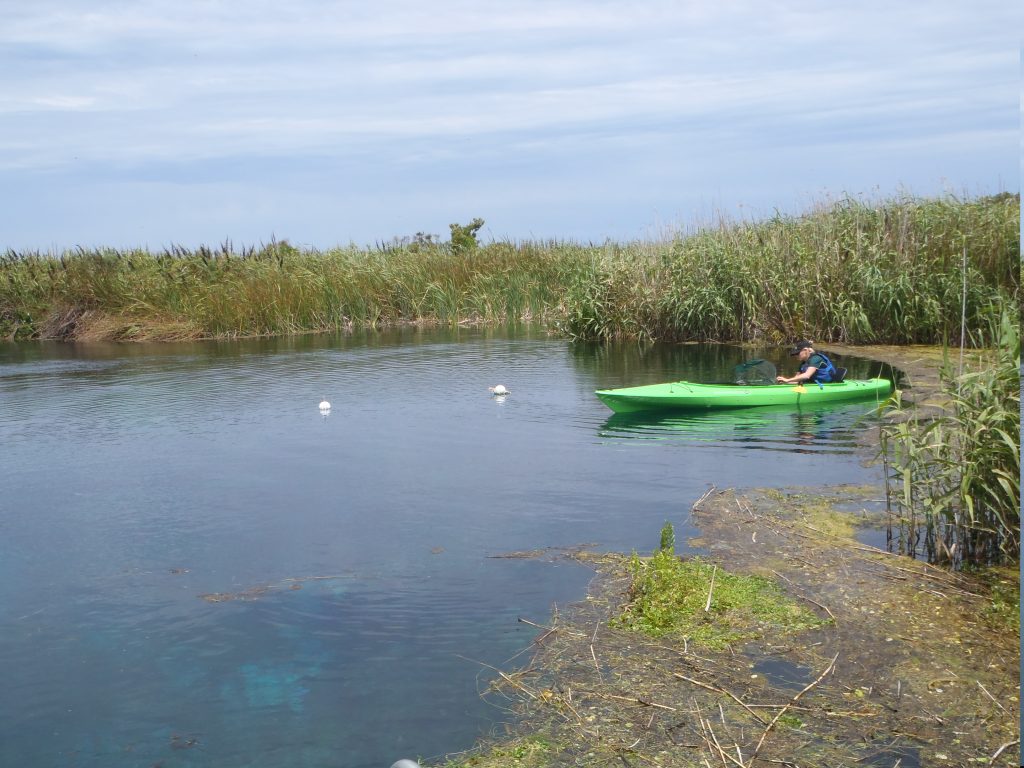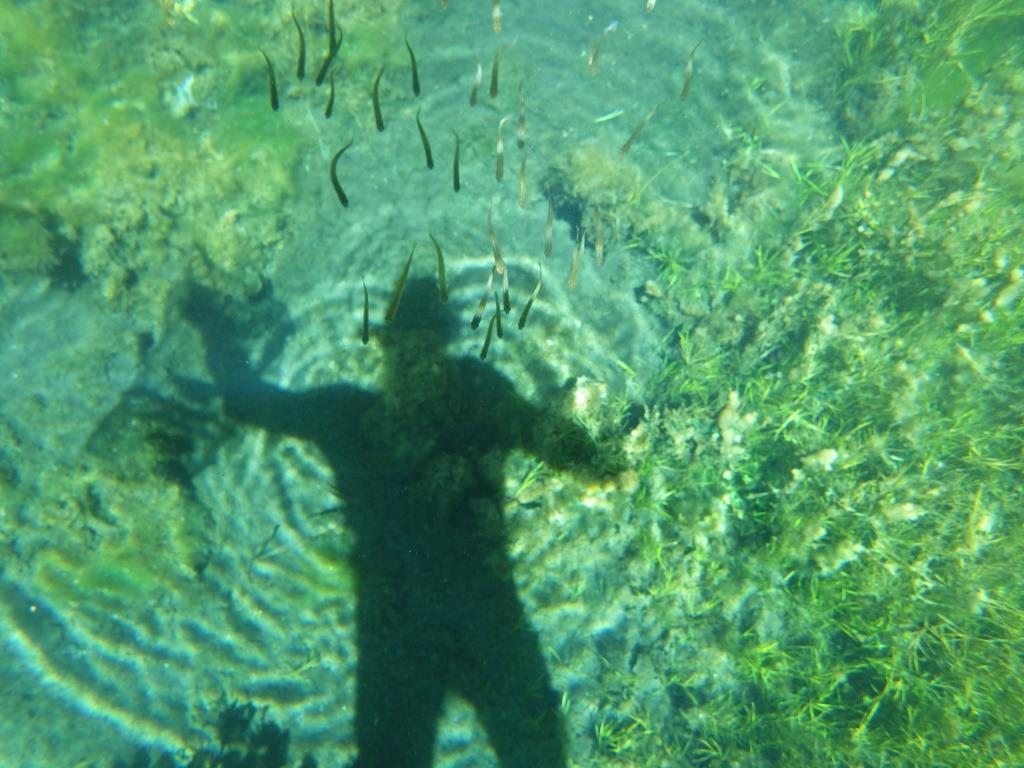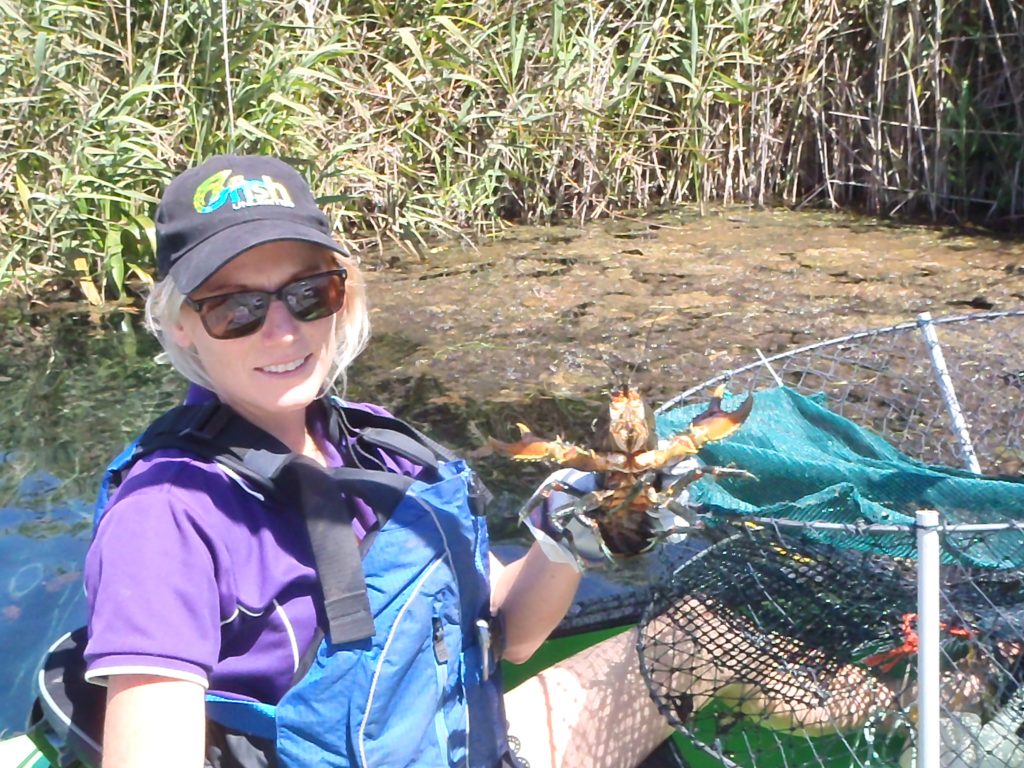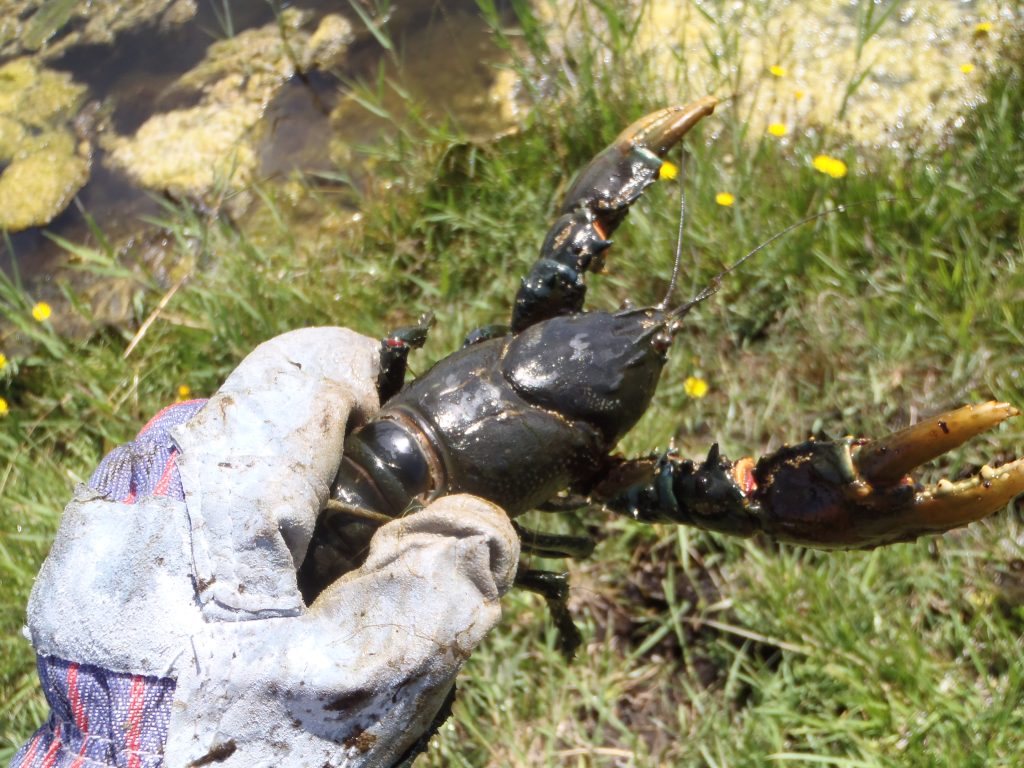Glenelg Spiny Crayfish project about to kick off in South East SA and how you can get involved
Upcoming field sampling starting this week will update population estimate data for the nationally threatened Glenelg Spiny Crayfish (also known as Pricklybacks) in the South East of SA.
You many remember a couple of articles late last year announcing our most recent project on Glenelg Spiny Crayfish (here and here), but to quickly recap surveys conducted by NGT’s Aquasave team over the past 15 years show consistent and concerning declines of the species in this region. Sub-populations are permanently isolated from one another which has contributed to critically low levels of genetic diversity (through no gene flow). Reduced groundwater levels, reduced spring discharge, and increased nutrients have also contributed to the decline of this flow dependent species. While we know populations have been declining, it is unclear to what extent and how many individuals remain within their known habitat (Karst Springs), so this is what we’re setting out to clarify this spring.
During the field sampling individuals will be tagged with a unique ID number. Repeat sampling a couple of weeks later will give us an idea on movement of individuals within a particular site like Ewens Ponds. The tags will also enable members of the community to report any sightings of them while snorkelling or diving. More information will be provided on this aspect on our social media over the coming month and in next month’s newsletter.
We will be hosting a public event at Ewens Ponds on the 22nd January where you can find out more about Glenelg Spiny Crayfish and the project – as well as have the opportunity to snorkel the stunning Ewens Ponds and potentially sight a tagged crayfish! If you’ve never checked out this local attraction it really is breathtaking, so please join us!
Stay tuned for the December newsletter for further details.


We are really interested to hear from members of the local community about your recollections of Pricklybacks in the South East of SA. You can contribute your valuable historical data via a short online questionnaire here. We also invite Traditional Owners to share cultural knowledge and history of the species and Karst Spring habitats with us over the coming months.


This project is supported by the Limestone Coast Landscape Board’s Grassroots Grants program, and is funded by regional landscape and water levies.



